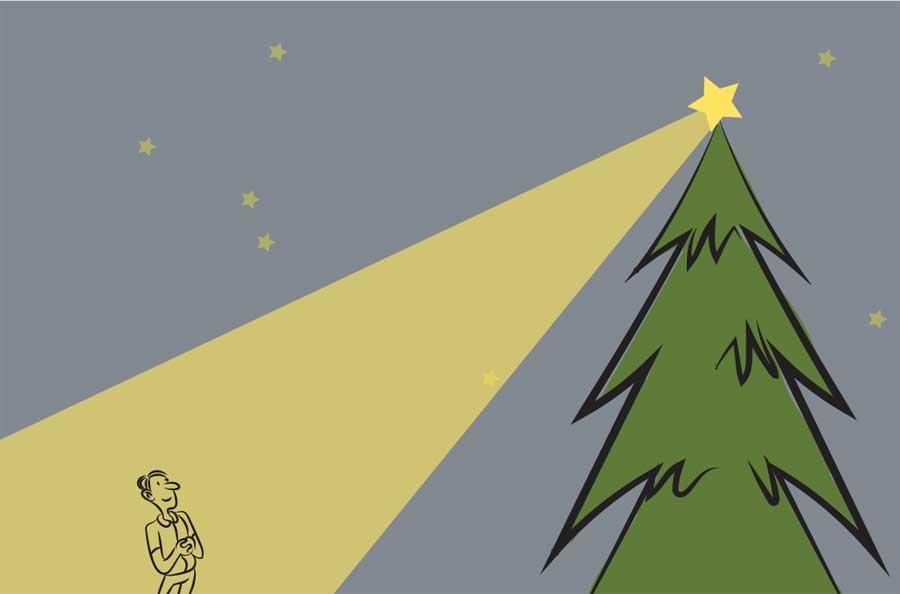Reply To:
Name - Reply Comment

On December 25, people around the world will celebrate the feast of Christmas – the birth of Jesus Christ -- whom Christians believe is the Son of God, born into this world to atone the wrong doings of mankind.
Not surprisingly therefore, Christmas is a season of great joy, hope, festivities, revelry and of course Santa Claus. Homes and shops will be filled with goodies and people of goodwill will be helping their more unfortunate fellowmen and women.
After a hard coronavirus year and a second wave, many people long for even the illusion of normalcy and a chance to be with friends and family with whom they have spent much less time than usual.
Most of us relish the news that COVID-19 restrictions have been relaxed as the season draws near. Situations of lockdown and isolation have been lifted in many of our towns and villages.
Yet, though gatherings at yuletide may be an important step to escape the stress brought on by a year dominated by lockdown, isolation and travel curbs, health authorities have already warned against large gatherings. At a time when levels of infection are still high, another spread is likely to undo hard-won gains, leading to tighter restrictions in January and potentially a third wave of the virus. Amid celebrating the birth of Christ, it is also a time to remember the travails Joseph (the earthly father of Jesus) and his wife Mary who was pregnant, faced as they joined thousands of other families who were making their way back to Bethlehem to comply with demands of the then ruler - Caesar Augustus, who was holding a census.
The difficulties Mary and Joseph faced as they travelled to Bethlehem - from sleeping rough, with minimal quantities of food - as there were no fast food restaurants or super markets in those days, puts us in mind of the thousands of refugees fleeing war violence. Refugees risking their lives crossing the ocean in search of safer places to live.
We also remember that the rulers of these safe havens, more often than not, reject the incoming refugees as they flee war, violence and hunger. So too the Christ child was also rejected when his mother’s time was due. Like today’s ‘illegal’ migrants seeking refuge in Europe and America and are turned away by those ‘developed’ nations, Mary and Joseph were thrice turned away from three inns, as they sought a place to birth her first-born.
In the end, the Christ-child was born in a manger in Bethlehem, in what we Sri Lankans refer to as a cattle shed -- a pauper, born amid the stench of animal urine and dung. Reminding us of children in our country, who are today living in penury because the coronavirus has left their parents destitute.
This also puts us in mind of the fact that Jesus, born in a stable at Bethlehem, was in fact a Palestinian. At the time of Christ’s birth Palestine was ruled by Roman conquerors. Today Palestine is occupied by a different conqueror. The new conqueror is unfortunately more vicious than the Romans of yore and continues to evict Palestinians from their own lands.Today there are around 7.2 million Palestinian refugees worldwide. More than 4.3 million Palestinian refugees and their descendants displaced in 1948 are registered for humanitarian assistance with the United Nations.
The new occupier has destroyed Palestinian homes, grabbed their fields, rationed water, attacked schools and turned that country into a mass concentration camp. The situation in Palestine is so bad that the late Nelson Mandela was moved to say “We know too well that our freedom is incomplete without the freedom of the Palestinians.”
The late Dr. George Habash, leader of the Popular Front for the Liberation of Palestine once said, “The whole of Palestine is figuratively nailed to the cross and this gives us great hope…“For as Christ conquered death by rising from the dead, so the people of Palestine too will rise and be free someday soon.
“Christmas is, after all a time of hope…”